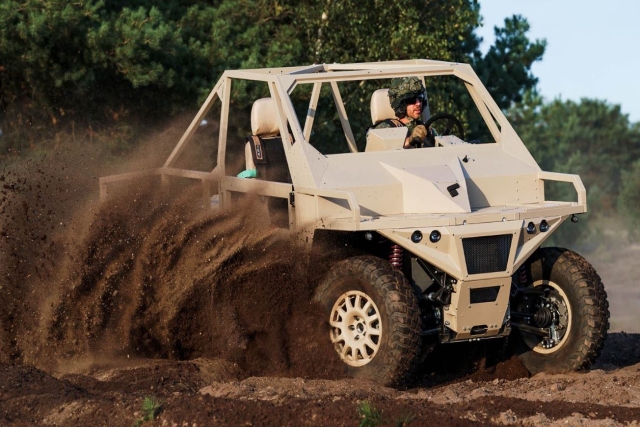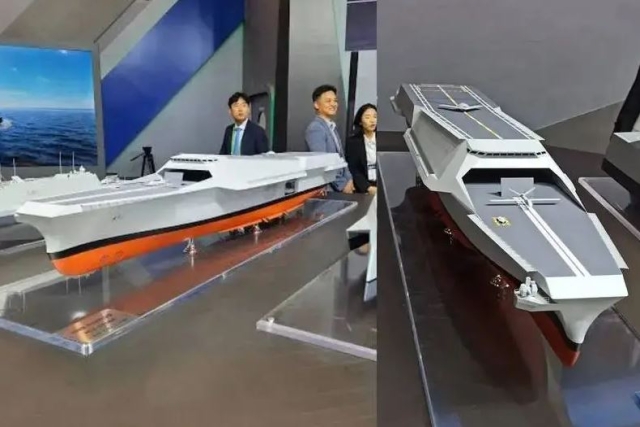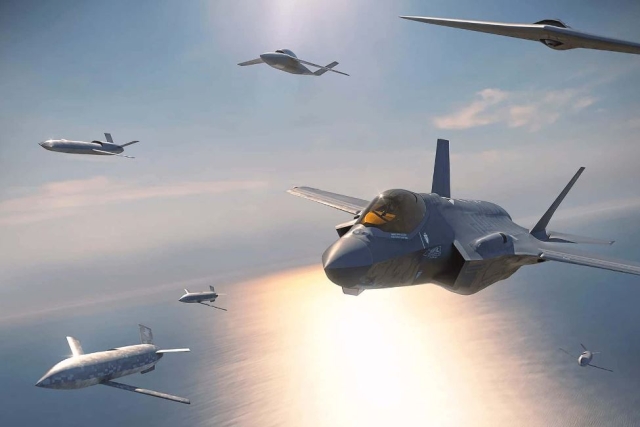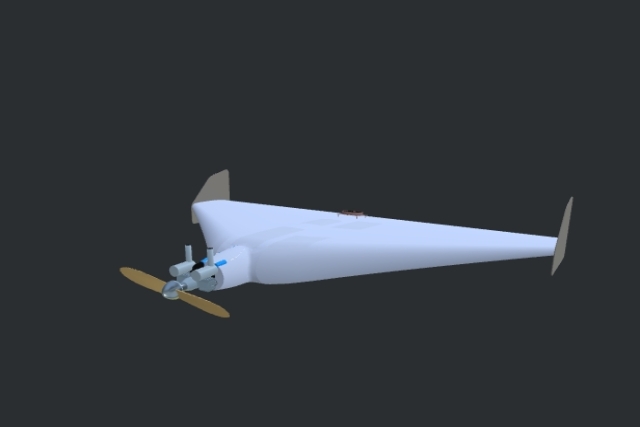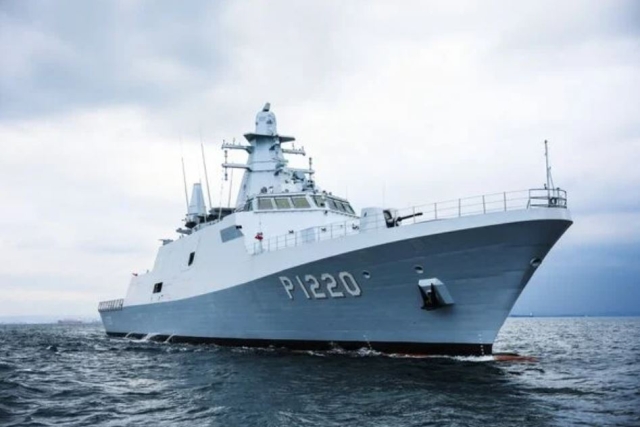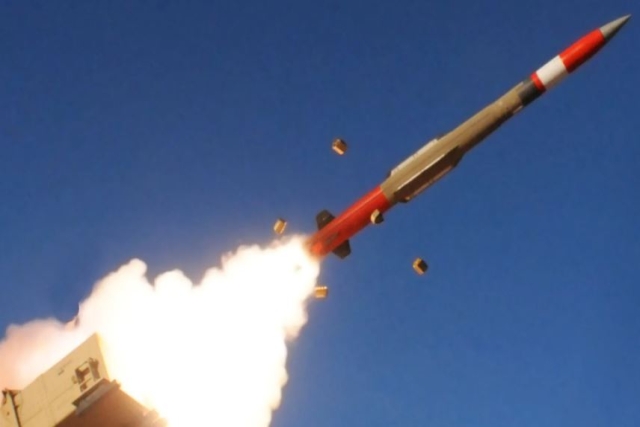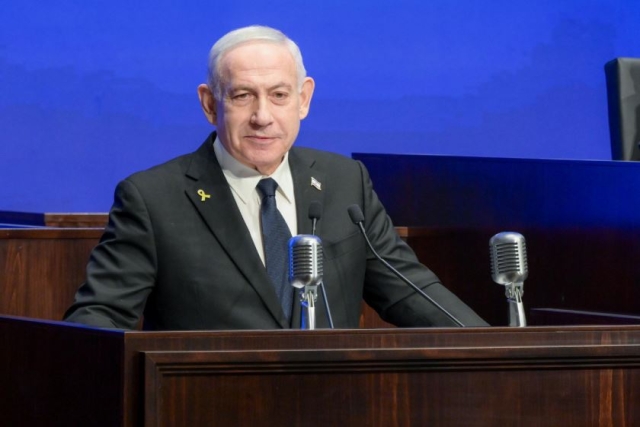EU Conducts First Multinational Operational Trials of UGV, UAV Systems
OPEX is an EU program that tests drones and ground robots in real conditions to fast-track military use.
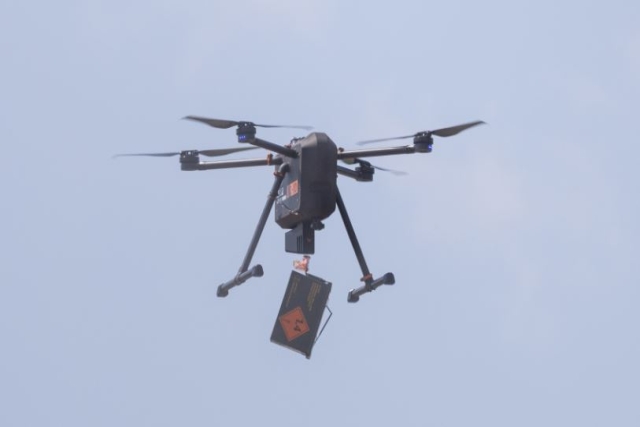
Six defence companies from across Europe gathered near Rome on July 3 to test unmanned systems as part of the European Defence Agency’s (EDA) first-ever European Defence Innovation Operational Experimentation (OPEX) campaign.
The live demonstration, held at the Italian Army’s Multifunctional Experimentation Centre (CEPOLISPE) in Montelibretti, took place under the Hub for EU Defence Innovation (HEDI).
This marked the first time that such an operational experimentation was coordinated at the European Union level, representing a shift from previous nationally driven initiatives. The OPEX campaign aims to bring innovation out of the lab and into real-world military use by fostering collaboration among Member States, industry, and armed forces.
“Security, warfare, and technology are changing at an accelerating pace. The war in Ukraine reshaped our understanding of defence innovation,” said André Denk, EDA’s Chief Executive. “Accelerating innovation from the lab to the field is our ticket to operational relevance.”
The campaign tested unmanned aerial systems (UAS) and unmanned ground systems (UGS) under realistic operational conditions. Over several weeks, the six participating companies—Portugal’s BEYOND VISION, Greece’s ALTUS LSA, Austria’s SCHIEBEL, Spain’s ALYSIS, Poland’s PIAP, and Germany’s ARX ROBOTICS—executed simulated tactical missions focused on autonomous logistics.
These missions ranged from single-platform trials to integrated operations across air and ground domains. The final phase of testing took place in a multi-domain environment designed to reflect future battlefield conditions, offering insights into how such systems could support logistics, surveillance, and interoperability.
Unlike traditional defence trials, OPEX prioritises experimentation as a long-term strategic tool. The goal is to uncover operational, training, and coordination challenges early—helping to prevent the so-called “valley of death” where new technologies often fail to transition into field use.
High-level representatives, including Italian National Armaments Director Admiral Giacinto Ottaviani and EDA’s Director for Research, Technology and Innovation Nathalie Guichard, attended the Distinguished Visitors’ Day. Brigadier General Pierpaolo Dotoli, Director of CEPOLISPE, also hosted participants.
The campaign was supported by a consortium led by French company EXTENSEE. The EDA awarded contracts across six categories following a competitive procurement process launched in July 2024:
- Low-Cost Attritable UAS – BEYOND VISION (Portugal)
- VTOL UAS – ALTUS LSA (Greece)
- Heavy Lift VTOL UAS – SCHIEBEL (Austria)
- Low-Cost Attritable UGS – ALYSIS (Spain)
- Medium Wheeled Logistical UGS – PIAP (Poland)
- Medium Tracked Logistical UGS – ARX ROBOTICS (Germany)
The EDA, established in 2004, serves as the EU’s hub for defence cooperation. It works to align military needs, foster joint capabilities, and promote innovation across Member States.
Future OPEX campaigns will be hosted by different EU countries and are expected to broaden in scale and scope. These will directly inform EU defence planning, ensuring that promising technologies transition faster into practical use.

